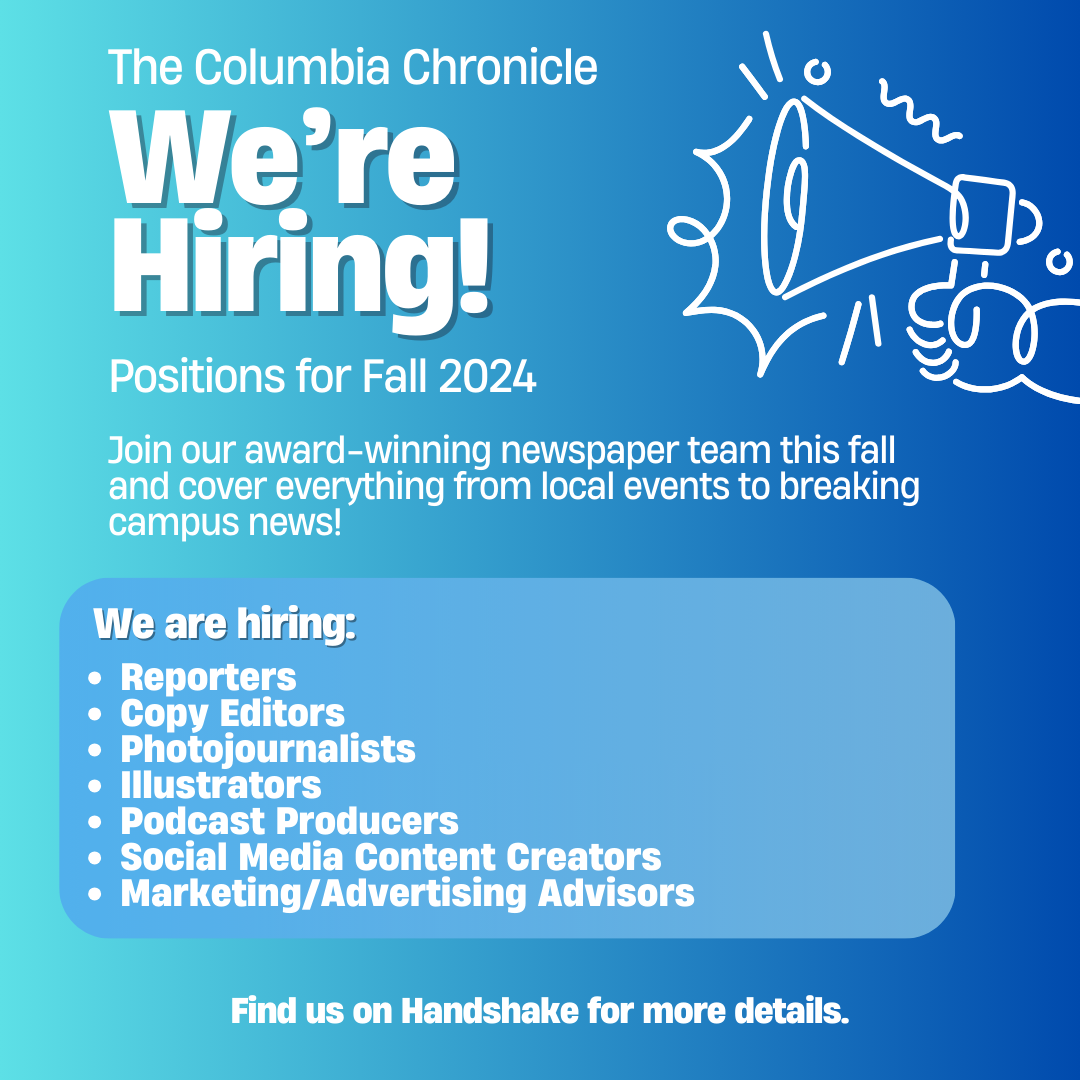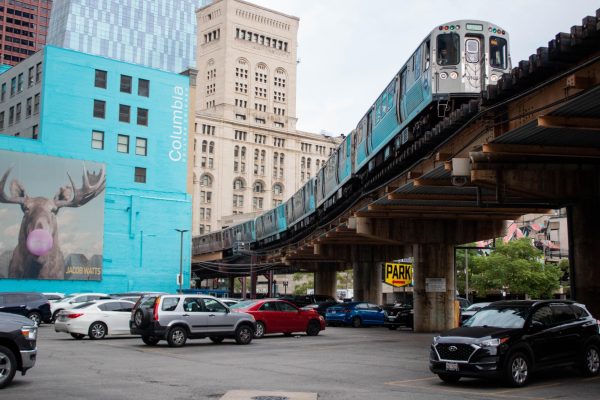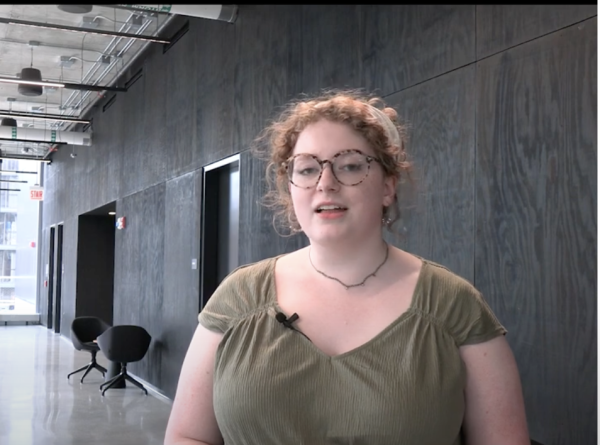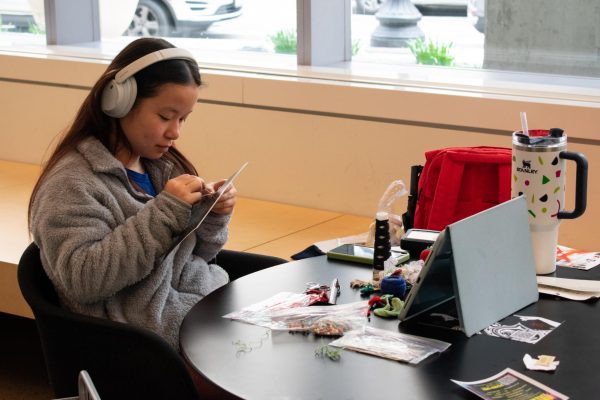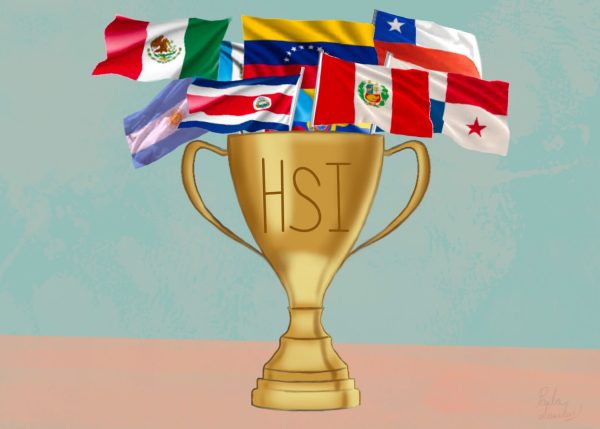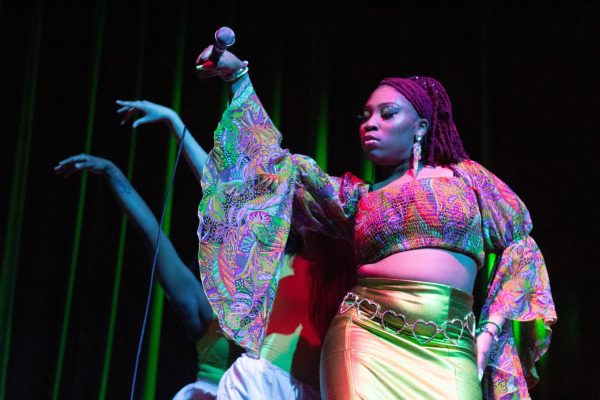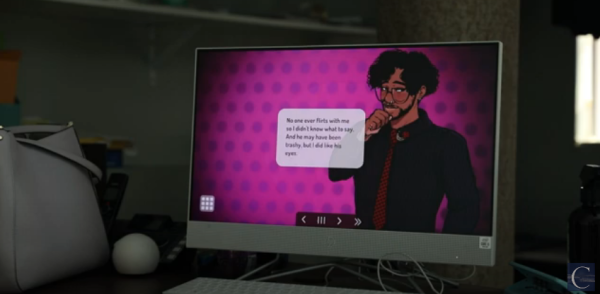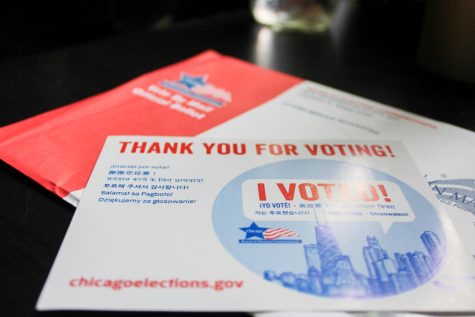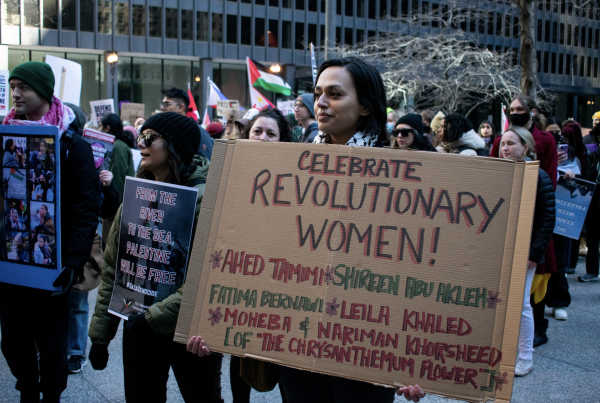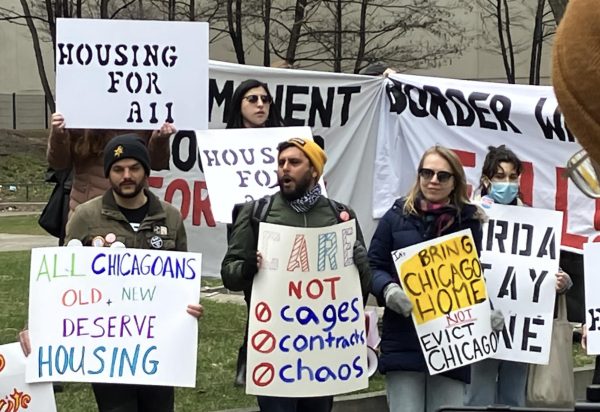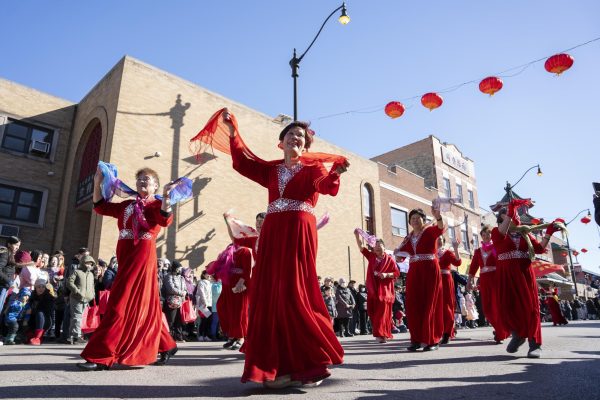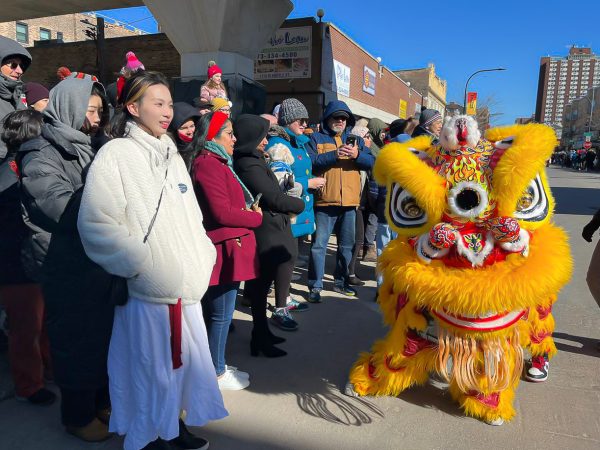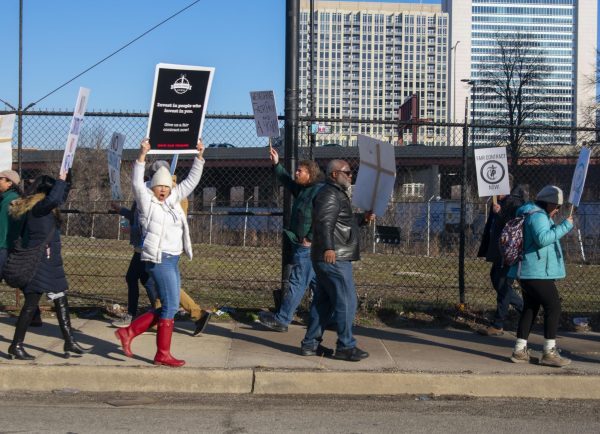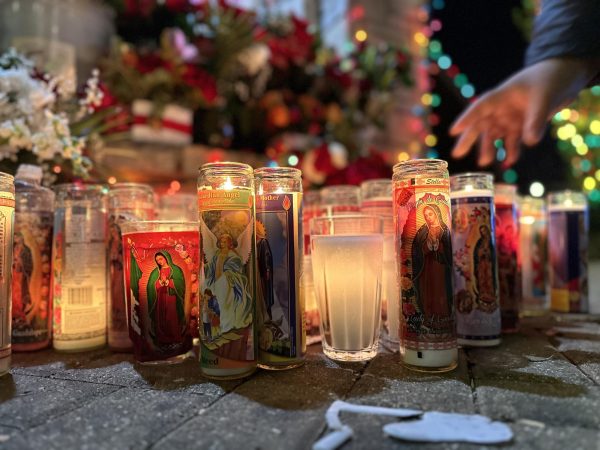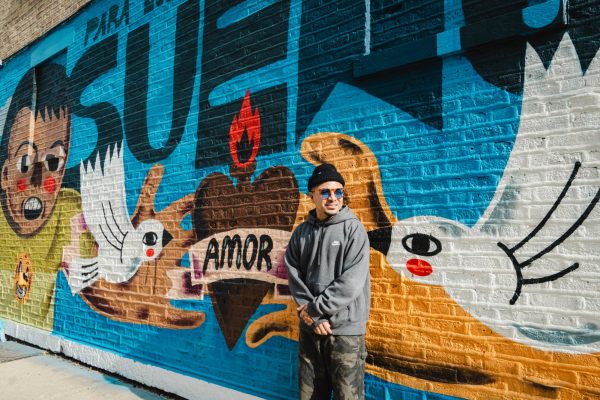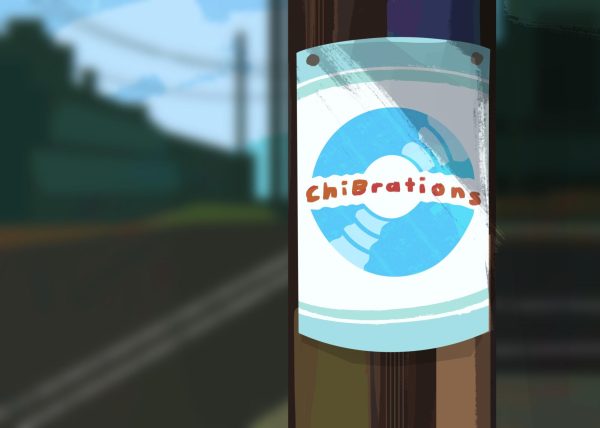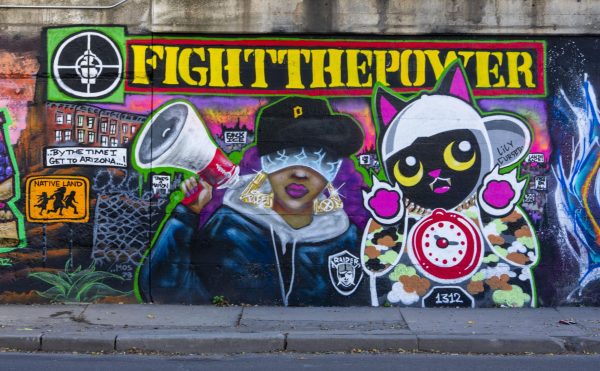Fans, bars react to alcohol ban
October 6, 2008
Throughout the summer and fall months, bars around Wrigley Field are filled at least once a week with Cubs fans who either couldn’t get tickets to the game across the street or are watching their hometown heroes while they’re away. But this season is different.
The bars are still full, especially during the playoffs, but according to the city’s new alcohol ban, spearheaded by Mayor Richard M. Daley, if the game happens to be a clinch game—the last game of a series—the taps will be turned off and the liquor will be shelved, for the last two innings. And area bar managers and Cubs fans are a bit skeptical of how Chicagoans will embrace the new law.
“What you’re telling those people is: Go away from where all the police are, because that’s too dangerous. Take your drunk a-s, and go a mile down the road where there are no cops and be belligerent and get into a fight over there because that’s a heckuva lot safer,” said Mike Zunjic, a local electrical contractor.
Zunjic has been a Cubs fan his entire life and enjoys going to Wrigleyville to share the atmosphere with fellow fans. He said he thinks the fans will be affected by the ban, which will ultimately change who is visiting the area.
“Word is going to get around town real quick. Maybe not the first time it happens, but the next time it happens it’s going to be, like, Ty’s til 4 [a.m.] on Western Avenue—they serve liquor no matter what,” he said. “Clinching, no clinching, I’ll be there.”
But Luis Ortega, manager at Casey Moran’s, 3660 N. Clark St., said he doesn’t think the ban will affect his business at all. He said business is usually slow during the time of the ban—after the seventh inning—and that business is highest early in the game or after it’s over.
“People are still at the game, if the game is good, and when they come out, they just want to take it easy for a little bit, and then they start drinking,” Ortega said.
Casey Moran’s serves food during the game, and Ortega said he doesn’t think food sales will slump despite the no-drinking rule.
“This is probably a historic series for the Cubs, so it’s not going to affect business,” Ortega said. “People are still going to come out, have fun and do their thing.”
Although most fans don’t support the ban, there are some that can see arguments both for and against it.
Ankur Gupta, a lawyer in Chicago, said he is against the ban, but can understand why it was put in place.
“To an extent, it’s going to discourage people from coming from the suburbs and drinking through the entire game and then hopping in their car after the game and going home,” Gupta said. “If it’s something which results in people’s safety being improved, I’m fine with it, but I don’t know [if] that’s the case.”
Gupta, 37, said he thinks the ban should be an all-or-nothing policy. Fans will not understand when the ban applies and when it doesn’t, it would be easier to baning altogether or after the seventh inning, he said. He also said that the bars in Wrigleyville should not necessarily be targeted because of their location.
“You’re in the situation where you’ve got individual businesses outside, completely independent of Wrigley, but by virtue of the proximity they shouldn’t be subjected to the rules that are imposed on the field itself,” Gupta said.
The ban was implemented by Daley to prevent riots that could happen if the Cubs either win a series or lose it, which would end their season. According to a Sept. 24 article in the Chicago Sun-Times, Daley stated the ban was simply “common sense” and that the Cubs would “win it on the field and not on the street.”
But Zunjic said he thinks Daley has more issues in Chicago to worry about than Wrigleyville’s potential rioters.
“This part of town is a fairly well-educated group [of people with], higher income and they just don’t behave like that,” Zunjic said. “I think politicians need to worry about things that matter a little more, like people not getting mugged or stabbed.”


